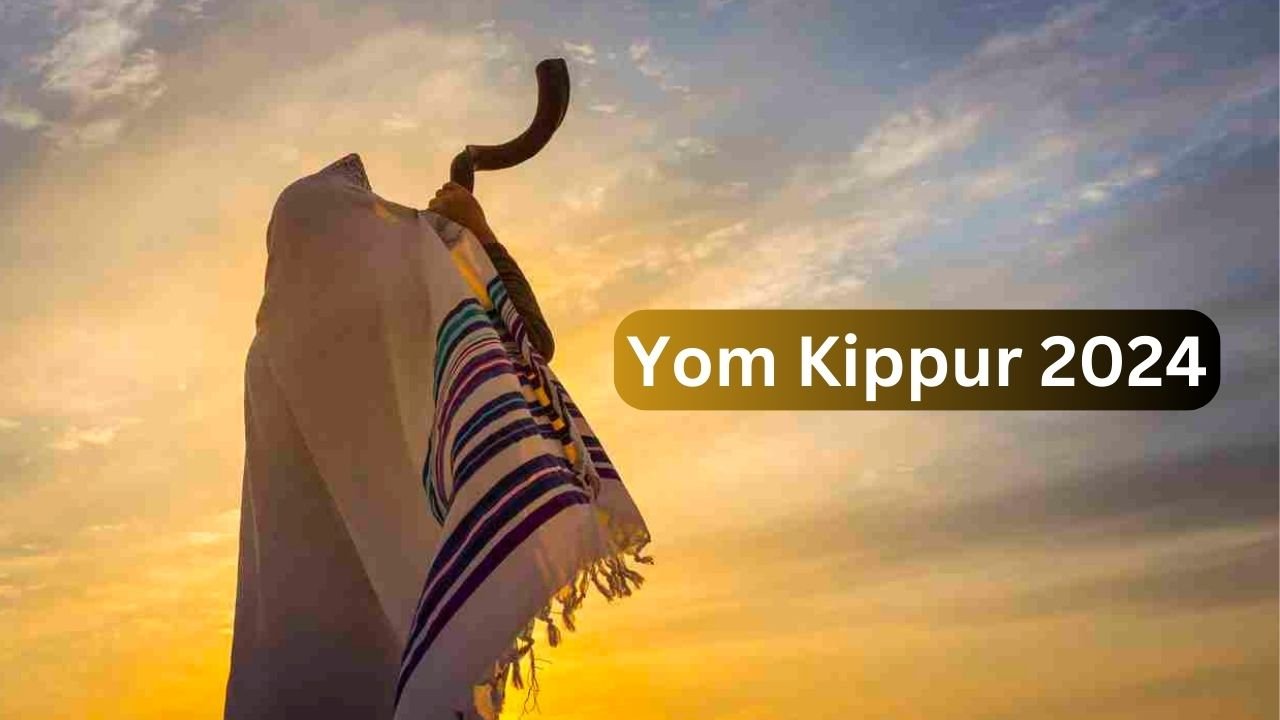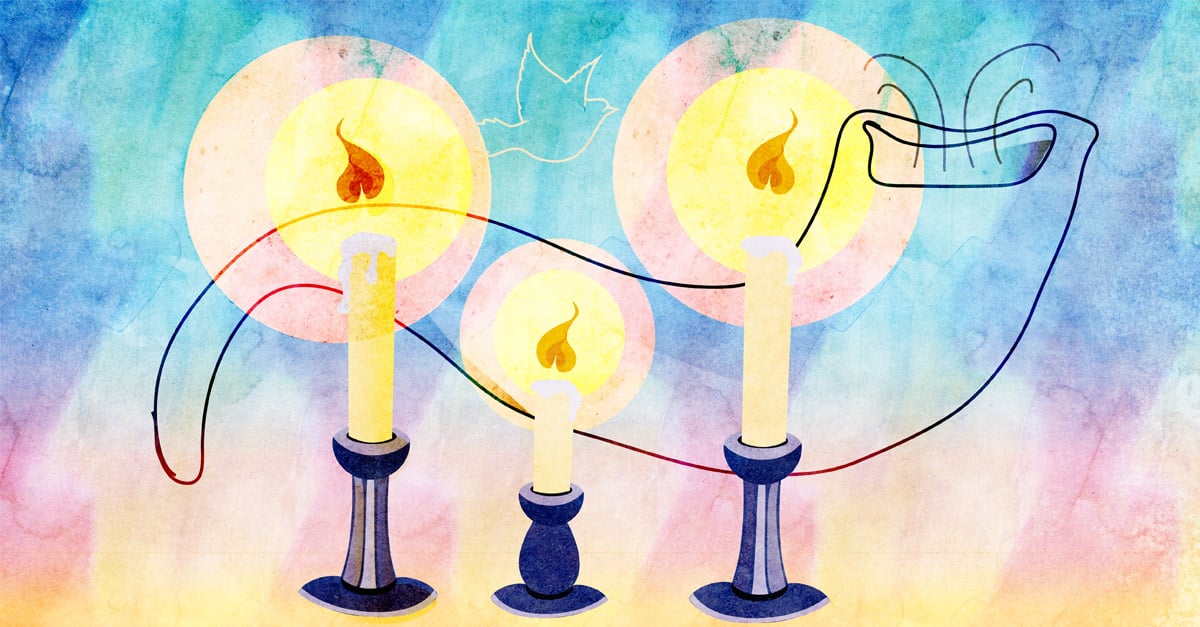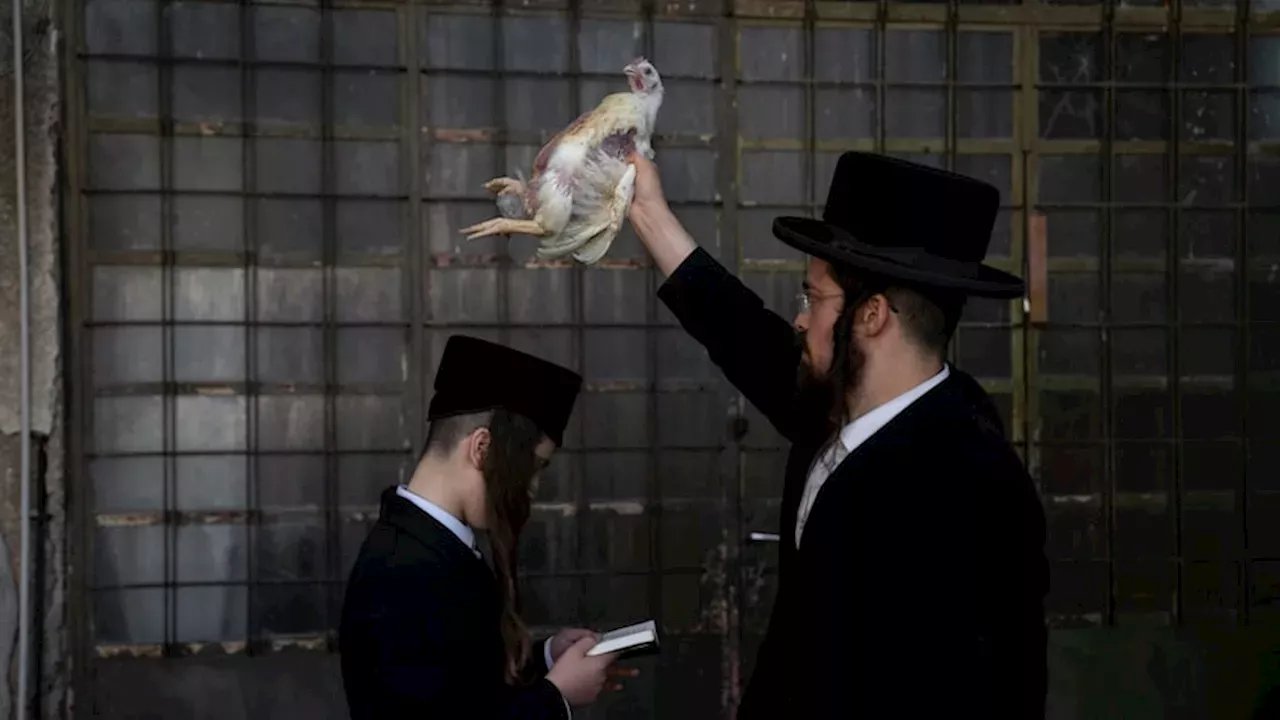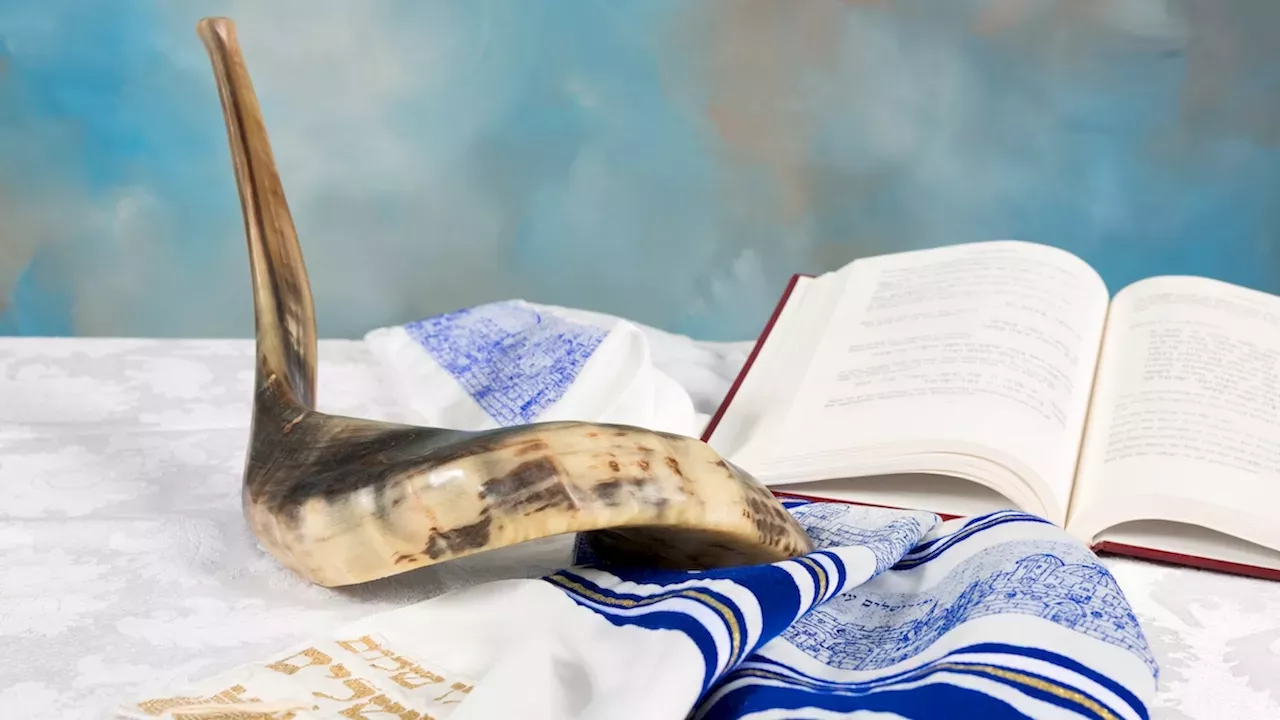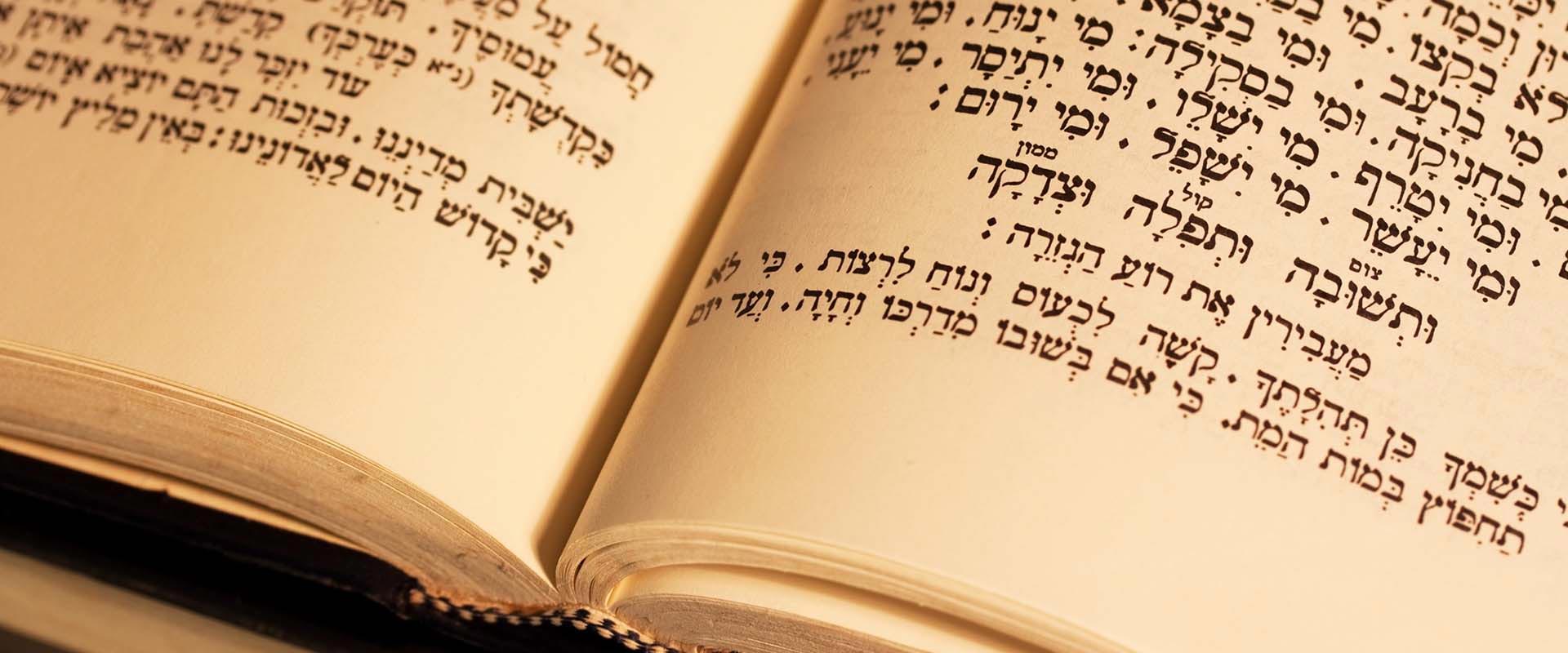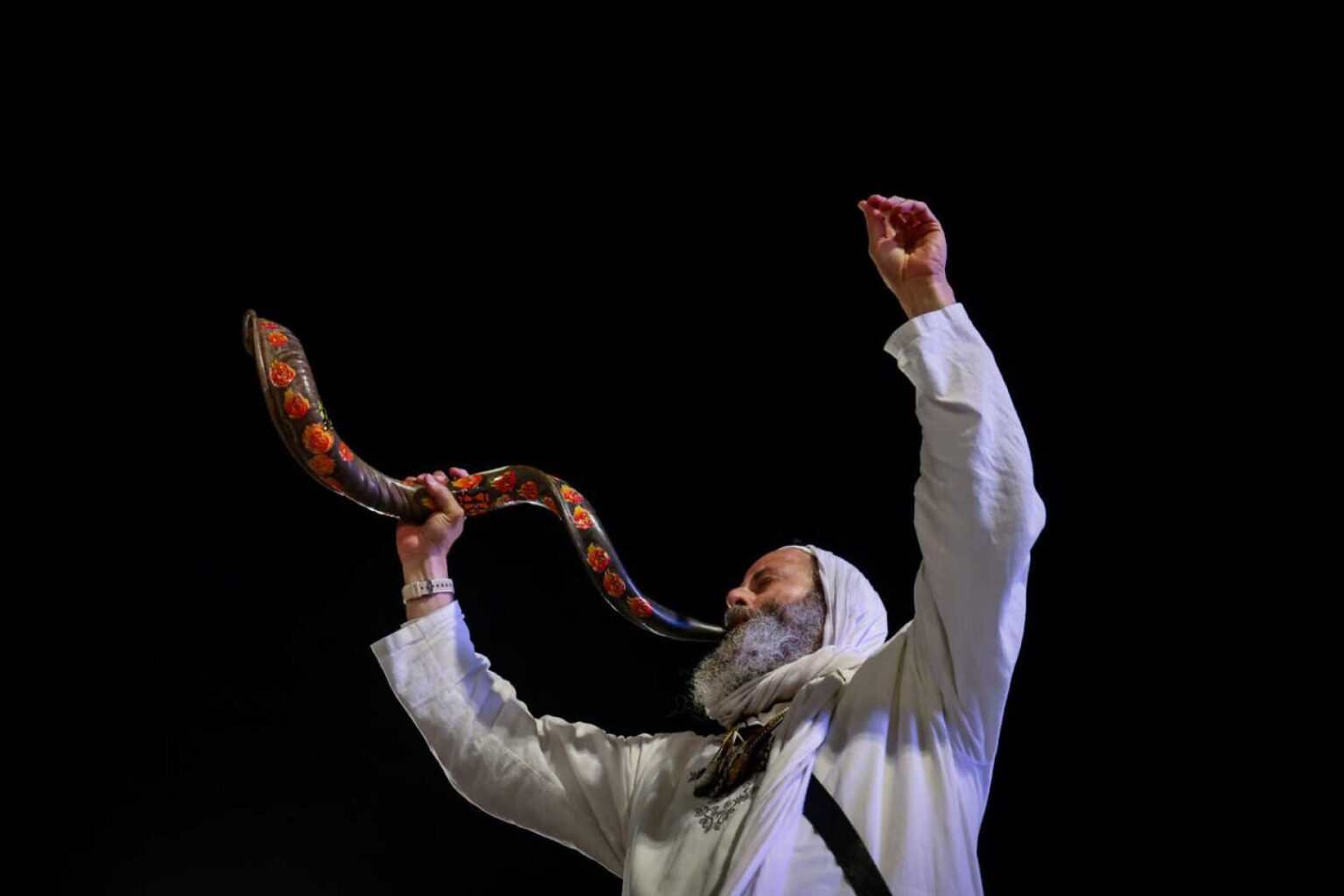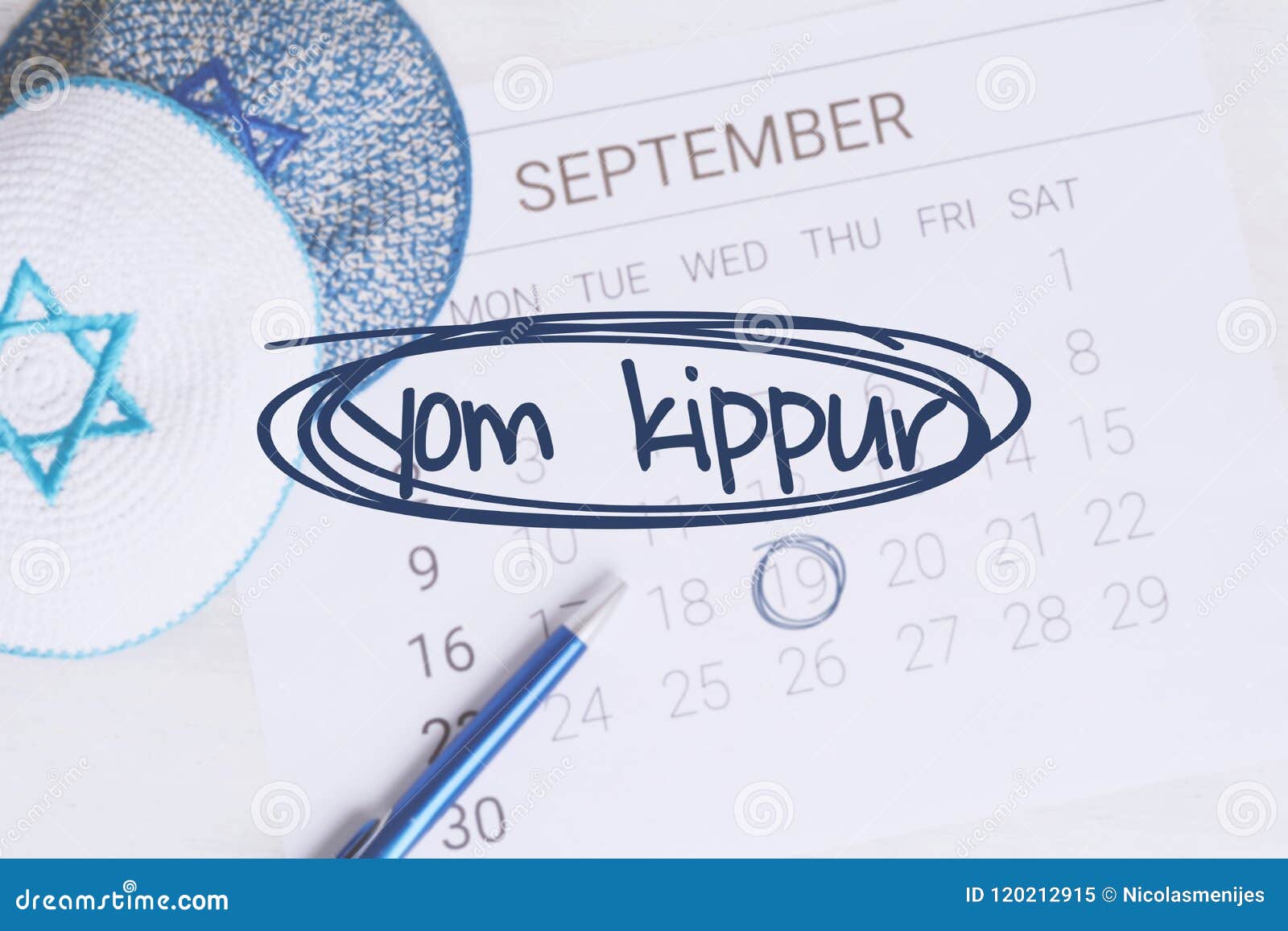Seeking Redemption: Unpacking the Significance of Yom Kippur
As the Jewish community around the world prepares to observe Yom Kippur, the holiest day of the year in Judaism, many are engaging in a process of self-reflection and atonement. This sacred day, which falls on the 10th of Tishrei, corresponding to a date in late September or early October, is a time for individuals to acknowledge their sins, seek mercy through prayer, fasting, and renewal, and reconcile with God.
Yom Kippur, also known as the Day of Atonement, is a day of collective repentance for the Jewish community. It is a time for individuals to come together, fasting and praying, to atone for their sins and seek forgiveness from God. The day's main observances consist of full fasting and asceticism, accompanied by extended prayer services and sin confessions. According to tradition, God seals the Books of Life and Death on Yom Kippur, determining the fate of individuals for the coming year.
History and Significance
Yom Kippur has a rich history, dating back to the biblical era. In Leviticus 16:1-34, the Torah describes the rituals and practices that are observed on Yom Kippur. The day is also mentioned in the book of Isaiah, where the prophet calls upon the people to repent and return to God (Isaiah 58:1-14). Throughout Jewish history, Yom Kippur has been a day of solemnity and introspection, a time for individuals to reflect on their actions and seek forgiveness.
In modern times, Yom Kippur has taken on additional significance, particularly in the wake of the Holocaust. As one of the most sacred days in the Jewish calendar, it serves as a reminder of the resilience and faith of the Jewish people. For many, Yom Kippur is a time to honor the memory of those who perished in the Holocaust and to reaffirm the importance of Jewish identity and community.
Observance and Traditions
Yom Kippur is observed in a variety of ways, depending on the tradition and customs of the individual community. In traditional Jewish communities, the day begins with the Kol Nidre service, which takes place on the eve of Yom Kippur. This service, which includes the recitation of the Kol Nidre prayer, marks the beginning of the fast and sets the tone for the rest of the day.
Throughout the day, individuals attend synagogue services, where they recite prayers and participate in communal worship. The day's services include the recitation of the Alenu prayer, which calls upon God to forgive the sins of the community, and the reading of the Book of Jonah, which tells the story of the prophet who called upon the people of Nineveh to repent.
Seeking Atonement in the Modern Era
As Yom Kippur approaches, many individuals are reflecting on the significance of the day in the modern era. For some, the day serves as a reminder of the importance of social justice and activism. Rabbi Ammiel Hirsch, a prominent Reform rabbi, has spoken out on the need for the Jewish community to engage in anti-racism and social justice work, arguing that these efforts are essential to the Jewish values of justice and compassion.
Others are using Yom Kippur as an opportunity to reflect on the state of Israel and the challenges facing the Jewish people. As Rabbi Hirsch notes, the threat facing the Jewish people is not just internal division, but also external threats, including anti-Semitism and anti-Zionism. In this context, Yom Kippur serves as a reminder of the need for unity and solidarity within the Jewish community.
In conclusion, Yom Kippur is a sacred day in the Jewish calendar, a time for individuals to seek redemption and atonement for their sins. Whether observed in a traditional or modern context, the day serves as a reminder of the importance of faith, community, and social justice. As the Jewish community around the world comes together to observe Yom Kippur, may we be inspired by the values of compassion, forgiveness, and mercy that are at the heart of this sacred day.
#Religion



